
Switzerland urged to do more for Syria
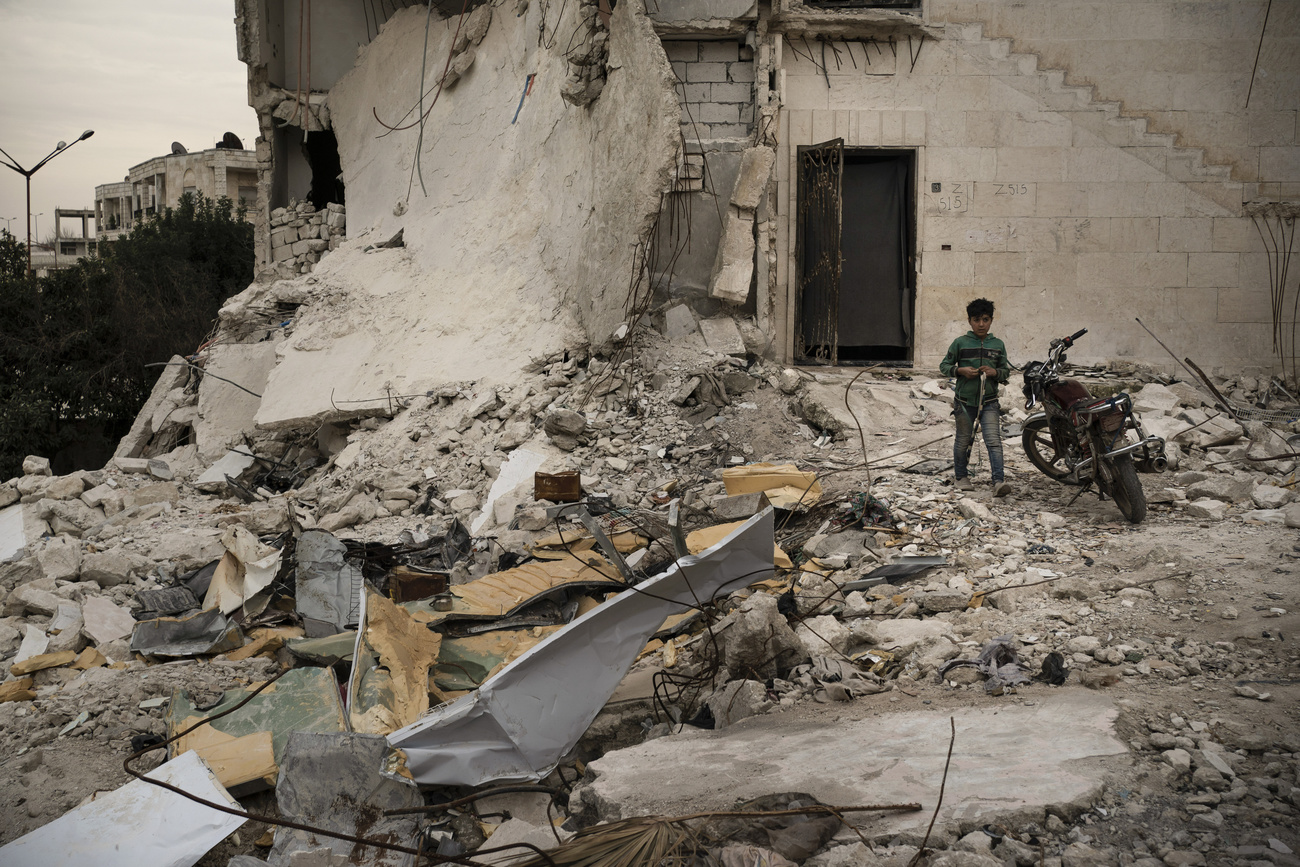
With the Syrian conflict about to enter its eleventh year, Caritas has called on Switzerland to do more for that country.
At an online press conference on Wednesday, the Swiss chapter of the charity Caritas called for Swiss authorities to recognise thousands of provisionally admitted Syrians in Switzerland as refugees, and to provide more funds for humanitarian and long-term development aid for the population in Syria.
Around 20,000 people from Syria are living in Switzerland, 8,500 of whom have been only temporarily admitted. They have not been granted refugee status “even though it was foreseeable early on that the refugees would not be able to return to their home country for a long time or ever again”, Marianne Hochuli of Caritas Switzerland told the press.
The Syrian war, which marks its tenth anniversary on March 15, is one of the biggest humanitarian disasters since the Second World War. Of the 21 million Syrians, more than 6.5 million have fled across the country’s borders, mainly to neighbouring countries. Around one million Syrian refugees have reached Europe. Six million people are internally displaced within Syria, many of whom have had to flee several times.
A lost decade
With more than half of Syria’s population under the age of 25, the conflict has taken a heavy toll on young people, according to a survey released today by the Geneva-based International Committee of the Red Cross. “Our recent survey paints a bleak picture of a generation whose adolescence and early adulthood have been sacrificed on the altar of conflict,” ICRC director-general Robert Mardini said from Geneva.
For the survey, 1,400 Syrian men and women aged 18-25 were interviewed in Syria, Lebanon and Germany. All reported similar experiences of broken family ties and friendships, economic hardship, thwarted ambitions, and deep psychological scars, the ICRC reported.
The survey found that, in Syria, almost one in two young people (47%) reported having lost a parent or close friend in the conflict. One in six young Syrians (16%) said that one or both parents had lost their lives or been seriously injured, while 12% had themselves been injured in the fighting. And 57% of young people who were in school missed one or more years of education.
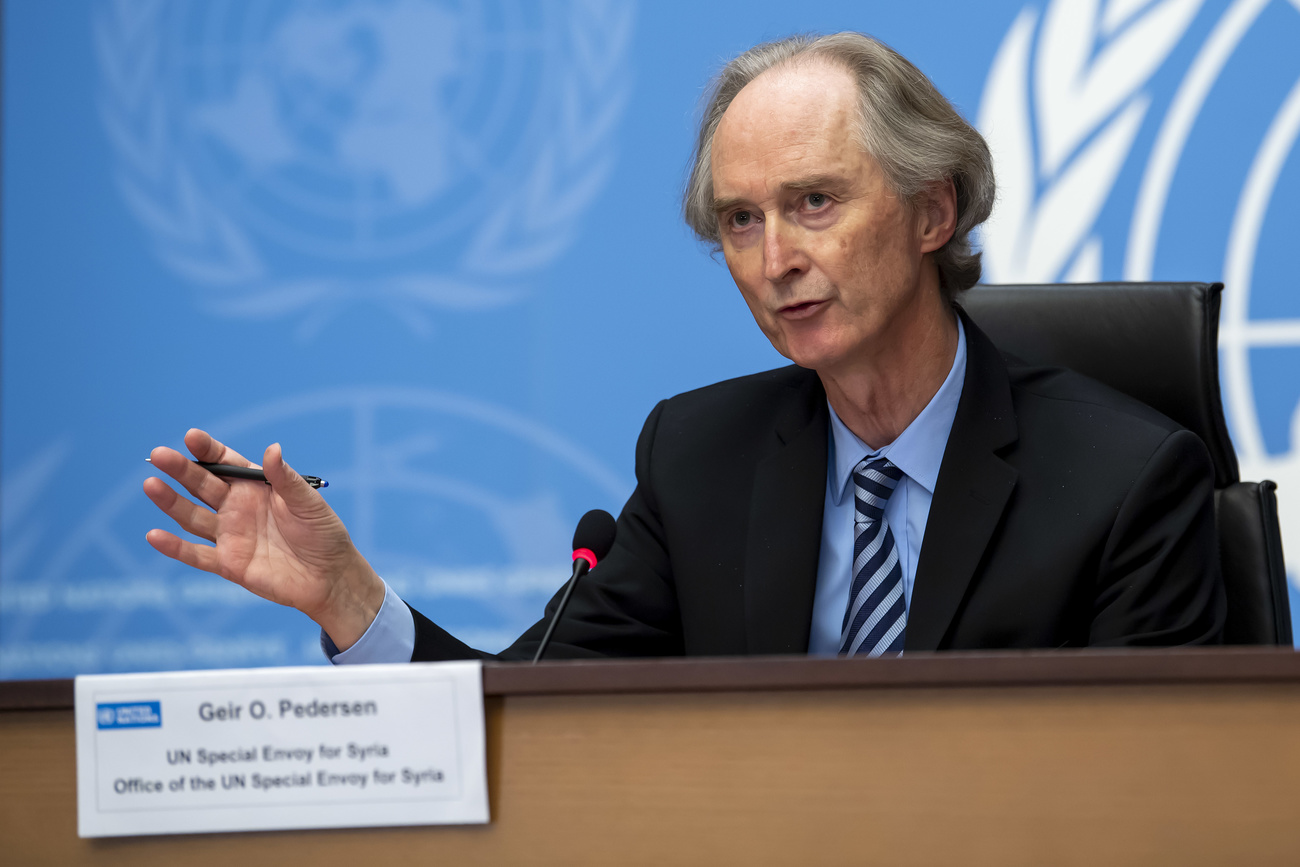
More
UN envoy on stalled Syria talks in Geneva: ‘we can’t continue like this’

In compliance with the JTI standards
More: SWI swissinfo.ch certified by the Journalism Trust Initiative
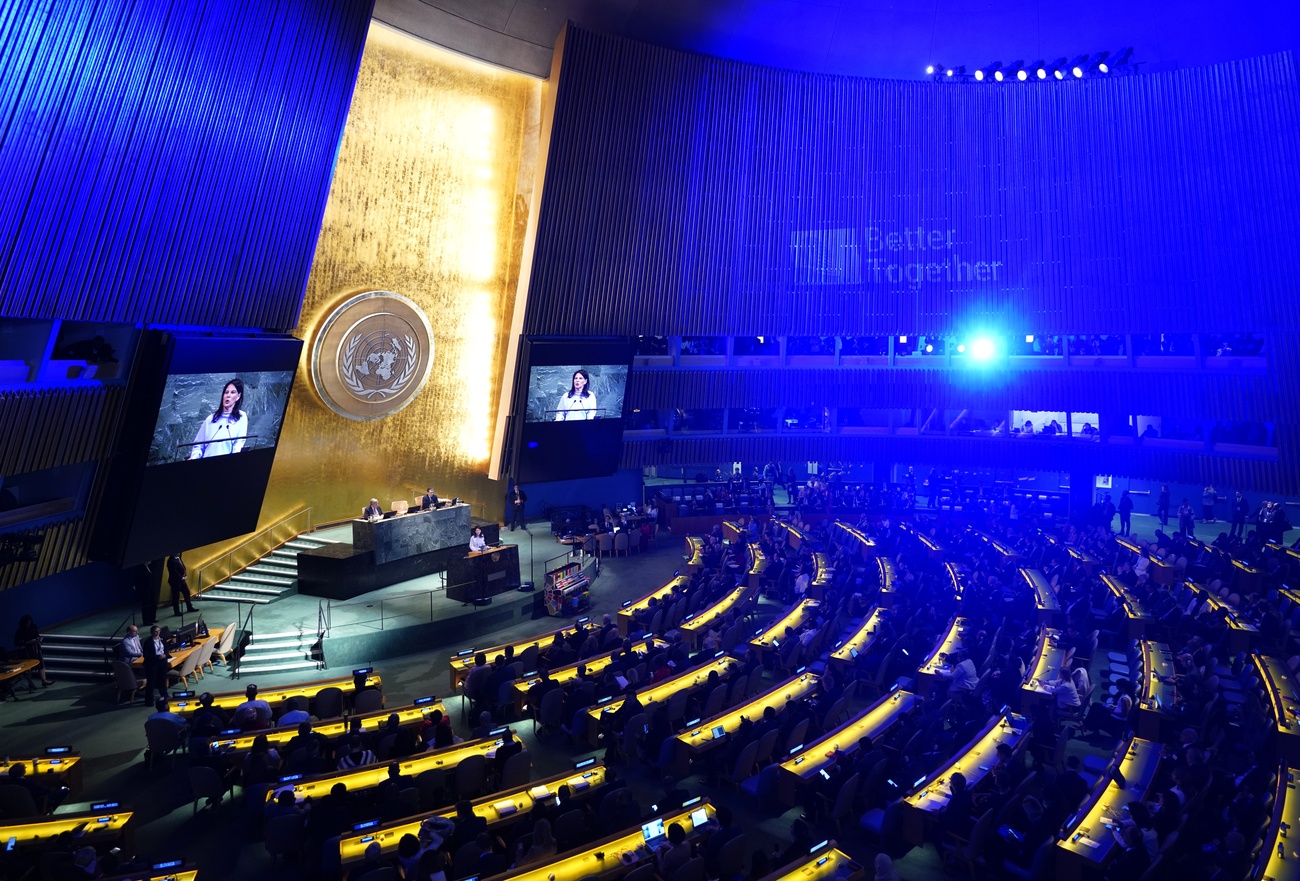
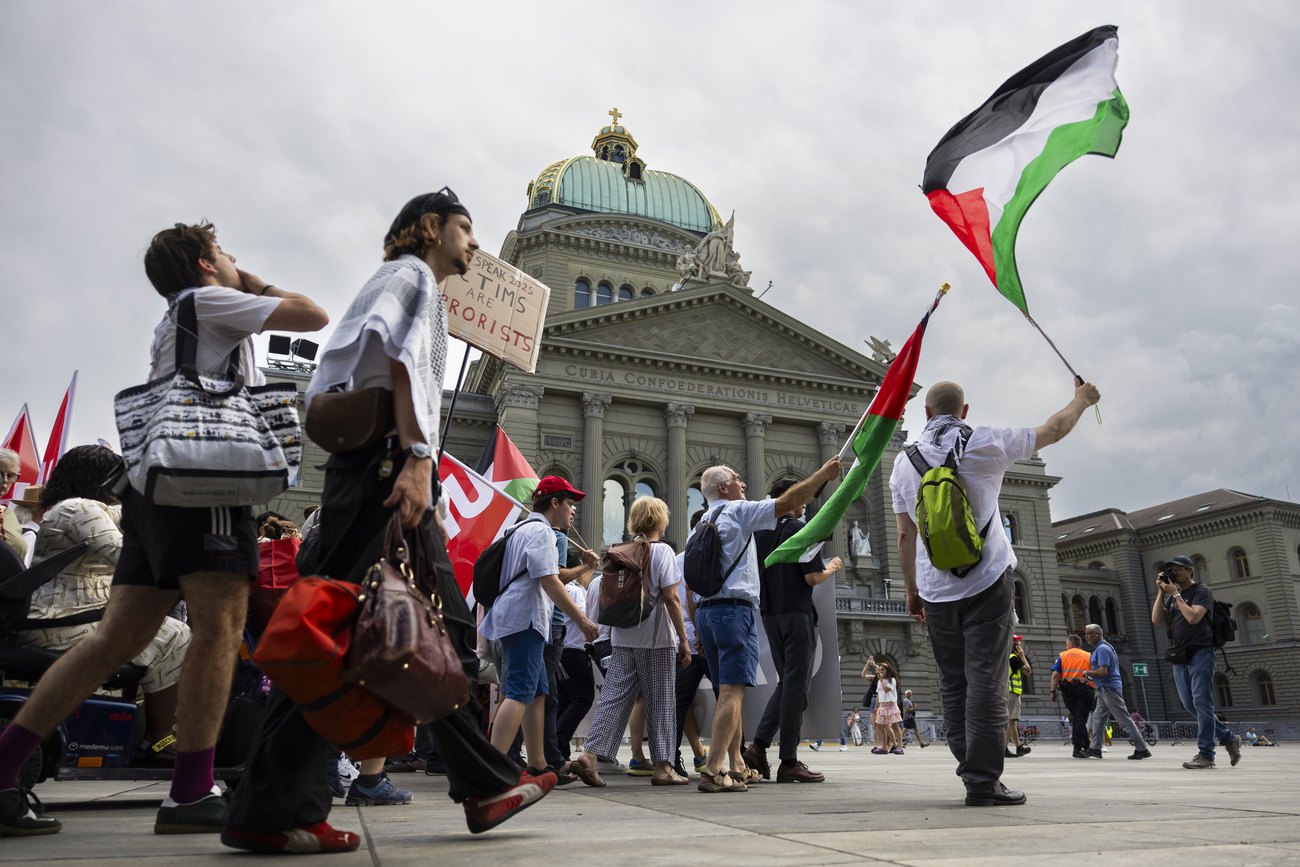
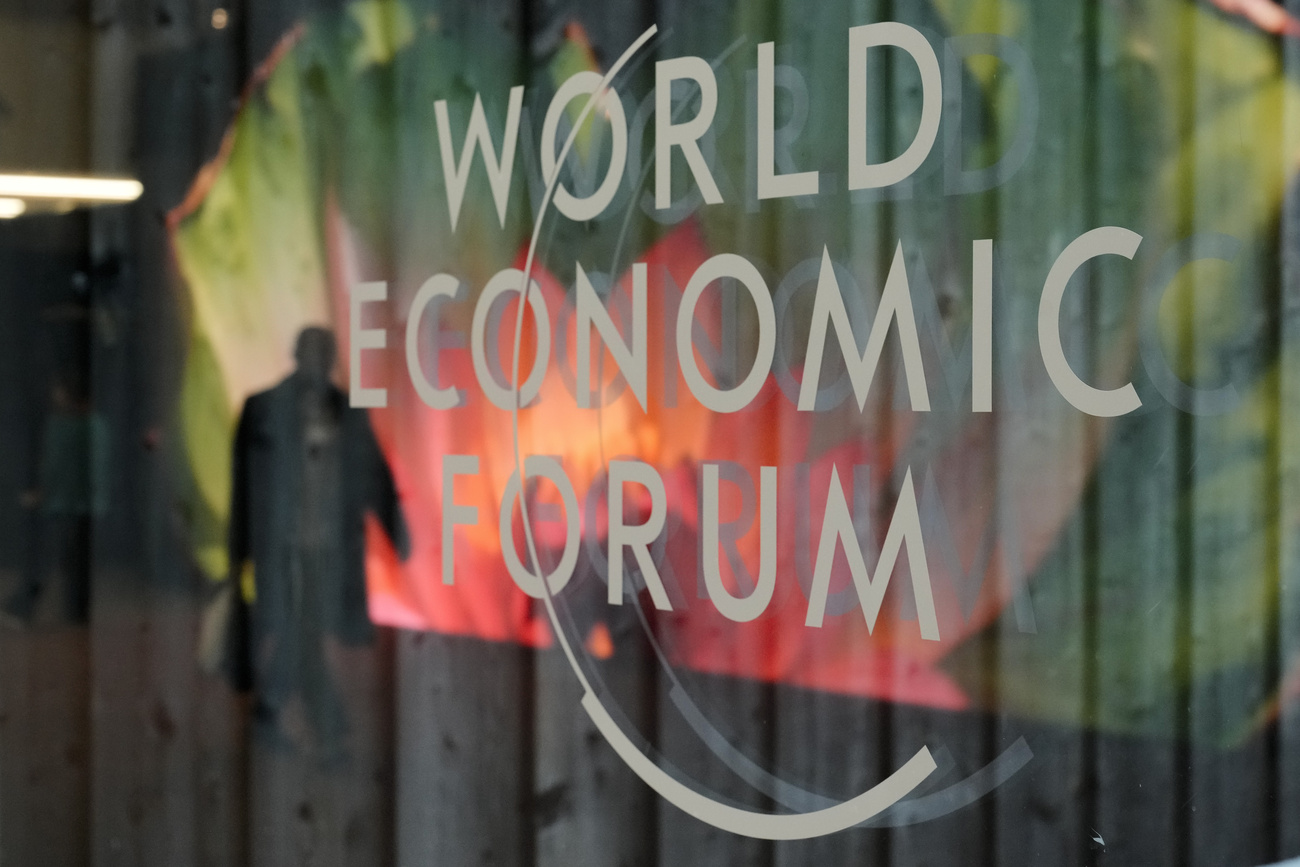
























You can find an overview of ongoing debates with our journalists here . Please join us!
If you want to start a conversation about a topic raised in this article or want to report factual errors, email us at english@swissinfo.ch.